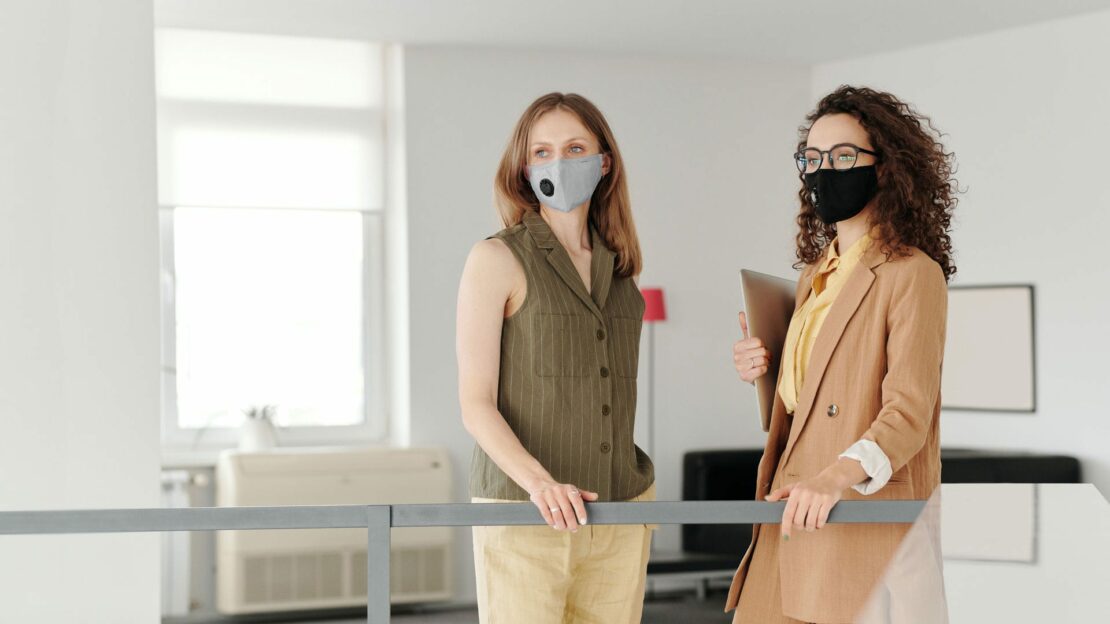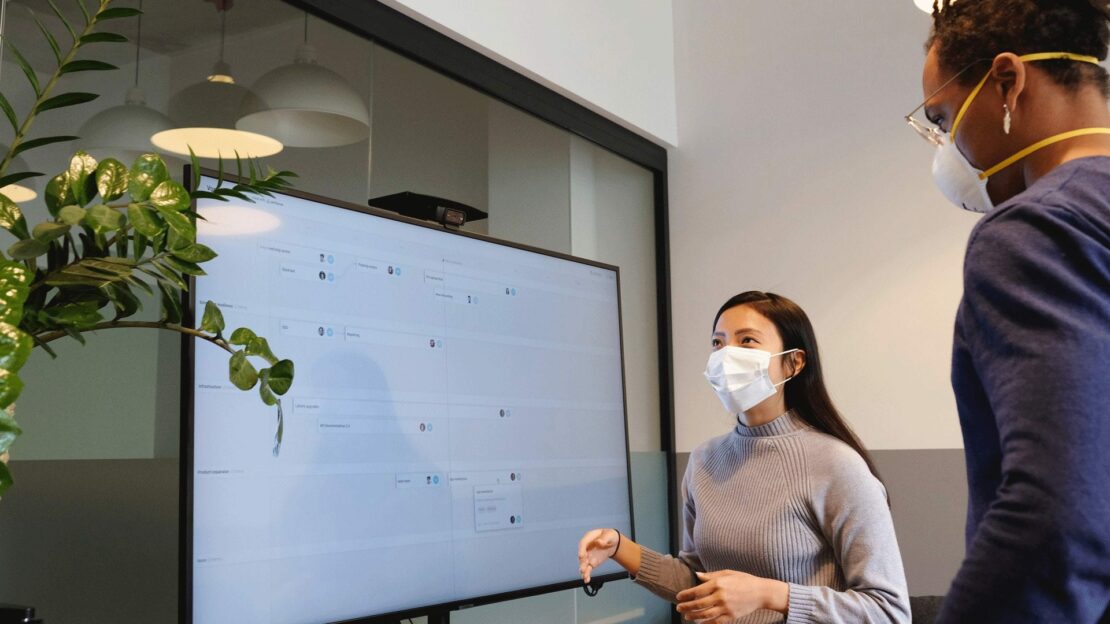A Ripe Environment for Radical Health Reform
octubre 6th, 2023
In a normal year, World Health Day, which is today (7th April), would largely pass us by without much thought, but we don’t find ourselves in normal times, and health is now prevalent in every aspect of our lives. And that change is particularly apparent in the way we communicate.
Until now a silo has existed around healthcare policy. The pandemic and the focus this has drawn to our health services means this is no longer the case. Health is now everyone’s business, and its connection to other issues, including the environment and economy, have never been more transparent. That brings fresh challenges, but also the opportunity to engage wider audiences on previously siloed topics.
From our analysis of online health conversations, we’ve been able to see how the nature of the debates around health have slowly changed over the pandemic. In the first three months of the pandemic there was a strong connection between health and the economy, as financial markets tumbled and the global economy stalled. Politics and healthcare were also very much in the news as governments reacted either vigorously or cautiously to the virus. Yet, even in these early months, we witnessed a growing connection between health and the environment – particularly from younger female audiences.
As the pandemic has rolled on, we have seen a changing dimension in the nature of online debate. The discussion around the economy and healthcare, for example, has moved from being largely negative to being more positive in places, both in terms of the role that the pharmaceutical industry has played, but also the role of tech start-ups. We have also seen a more widespread growth in the connection between healthcare and ecology.
All of these conversations are breaking down the barriers between healthcare and other topics, which means that when organisations are communicating, they need to think carefully about their audiences, messages and any potential repercussions in other sectors.
This, more inclusive debate, will become much more important in the months and years ahead. It matters because UK unemployment is continuing to rise and is expected to reach nearer 6%, with youth unemployment, which currently stands at over 14%, accounting for a significant portion of that figure. The damage this will cause to people is not merely economic, it is also likely to be detrimental to their health.
There is a growing wealth of evidence highlighting the importance of connections between good health and employment and access to the environment. We all benefit from the opportunity to work and socialise, with clear health benefits associated with supported work. Equally, we all profit from access to the environment, reaping the benefits both emotionally and physically of walking, running or cycling in our natural surroundings.
Political awareness of the inter-connection of health is the final piece of the jigsaw. Health policy has been largely an issue about institutions and services. If we are to break the mould of healthcare, perhaps now is the time for our governments to start to rethink healthcare and make the connections between health and other aspects of our lives. Both the UK and Scottish Government continue to think in largely departmental terms, so breaking down these silos will be no easy task.
There has probably never been a better time to implement more radical reform; the change in public discourse demonstrates that we are starting to think differently about health. Making the linkages between health and other topics will enable us to recognise that healthcare policy and decision-making is not a silo issue for clinicians and politicians to ponder, but an issue that affects all of us.
Ross Laird is Director and Head of Scotland at Grayling


